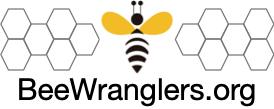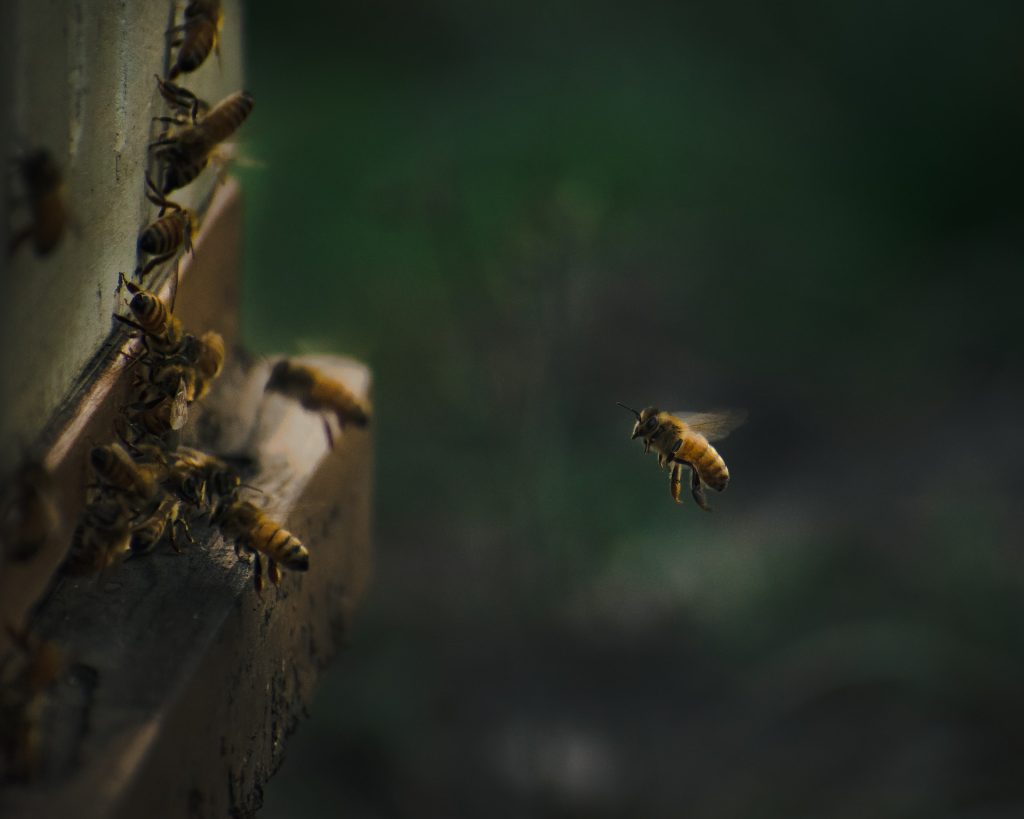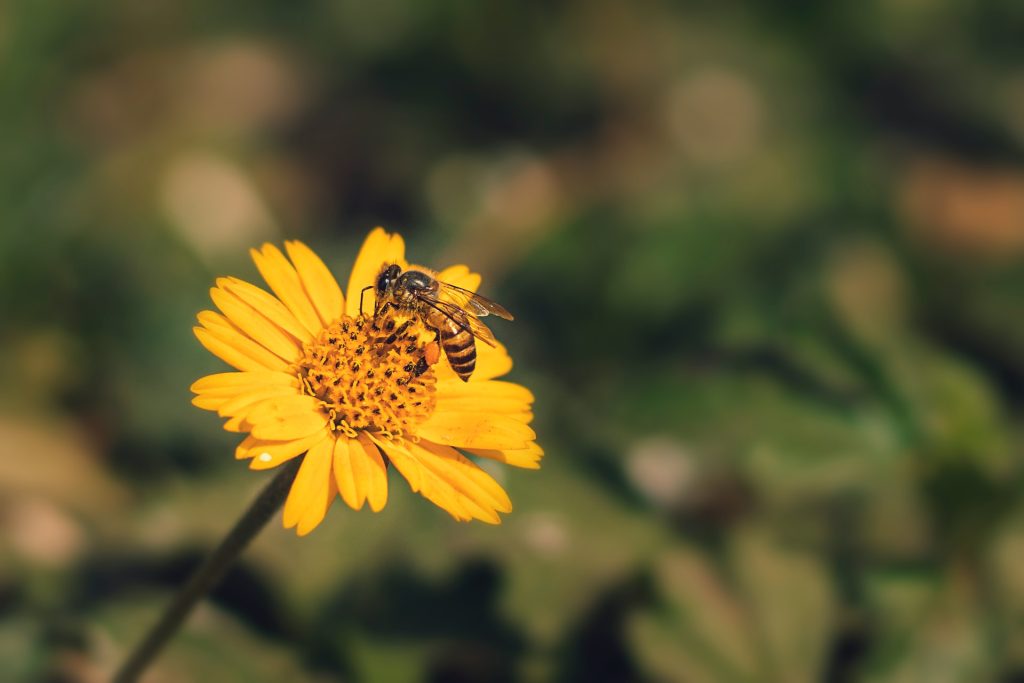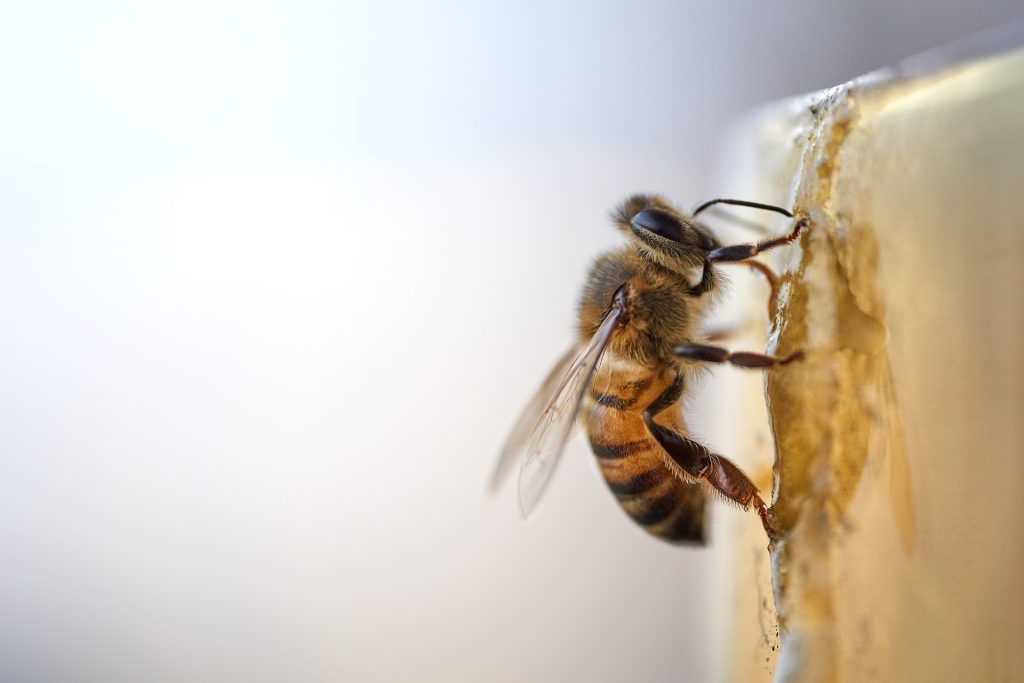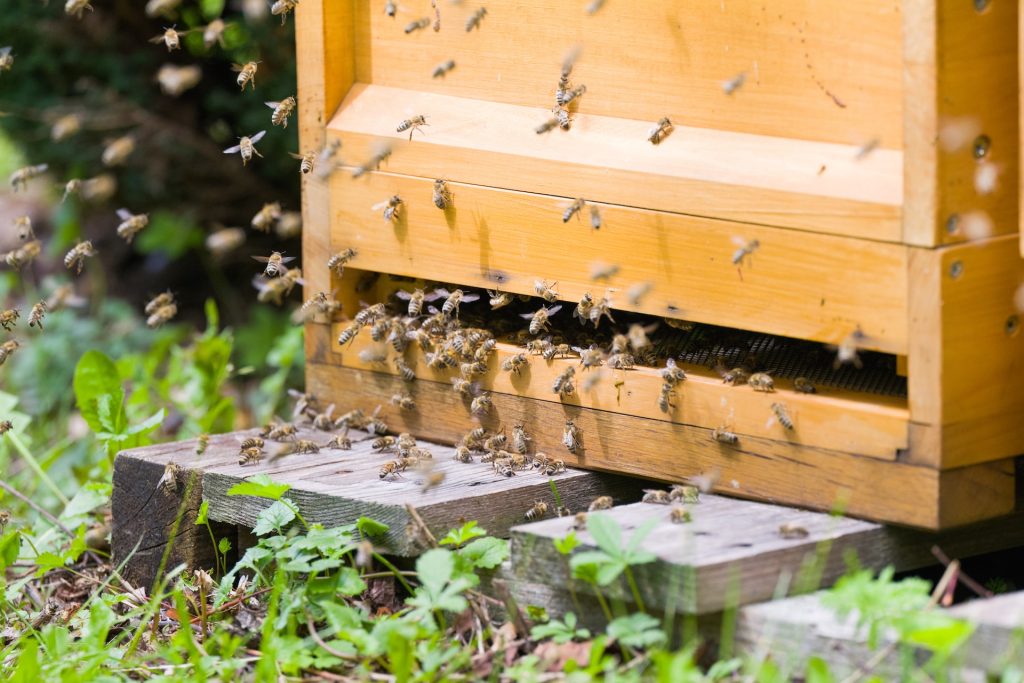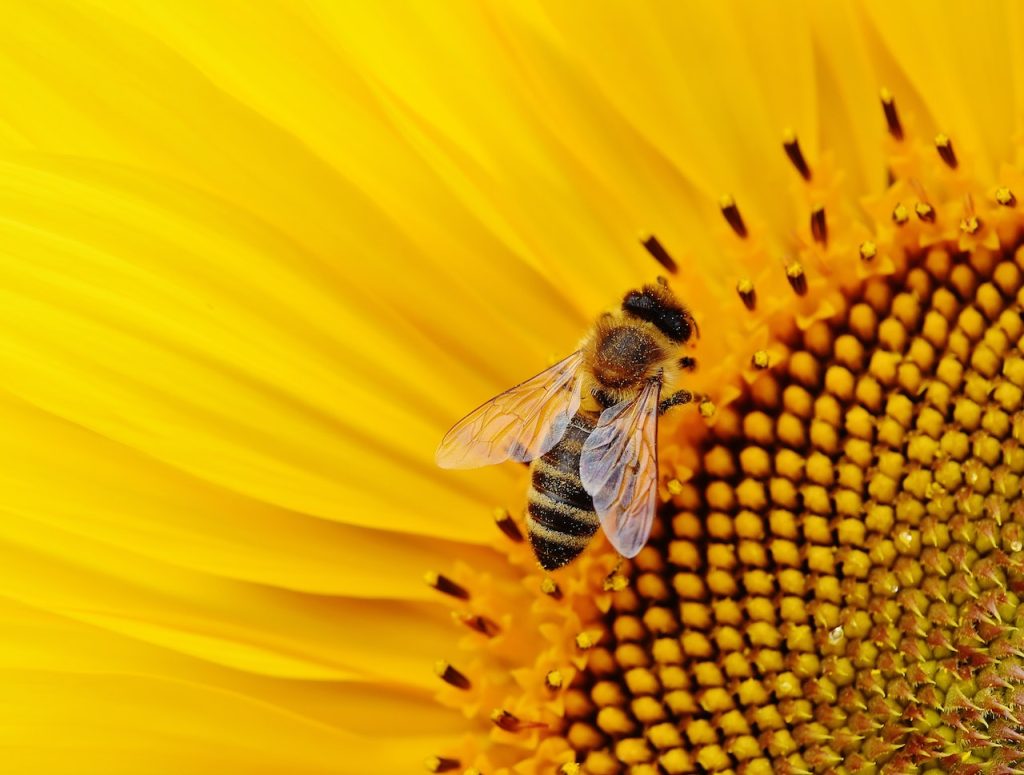Beekeeping and honey production have a rich history deeply intertwined with human culture and agriculture. However, as concerns for animal welfare and environmental sustainability grow, the ethical implications surrounding these practices have sparked a passionate debate. This article delves into the ethical considerations surrounding beekeeping and honey production, exploring different viewpoints and shedding light on the complexities involved.
The Interdependence of Bees and Humans: Bees, as pollinators, play a crucial role in maintaining ecosystems and supporting agricultural productivity. Beekeeping has long been regarded as a mutually beneficial practice, with humans providing shelter, care, and protection for bees while benefiting from their pollination services and honey production. This interdependence highlights the inherent connection between bees and humans.
Ethical Concerns in Beekeeping: Commercial beekeeping practices have come under scrutiny due to their potential impact on bee welfare. Mass breeding, artificial insemination, and queen replacement are common practices aimed at maximizing honey production, but they raise concerns about interfering with the natural behavior and genetic diversity of bee populations. Additionally, the use of pesticides in agriculture poses risks to bee health and overall hive well-being.
Honey Extraction and Bee Welfare: The process of honey extraction itself raises ethical questions. Traditional methods involve removing honeycombs from hives, often leading to disturbance and potential harm to bees. Modern techniques aim to minimize bee stress and damage, employing methods such as hive frames and centrifugal extraction. However, finding a balance between honey production and maintaining the nutritional needs and health of bee colonies remains an ongoing challenge.
Perspectives in the Ethical Debate: The ethical debate around beekeeping and honey production encompasses a range of perspectives. Beekeepers often prioritize sustainable practices and bee welfare, implementing organic beekeeping methods, natural hive management, and minimizing stress during hive inspections and honey harvesting. On the other hand, animal rights and vegan viewpoints question the exploitation of bees for honey production and advocate for alternative sweeteners and bee-free honey substitutes. Environmental considerations focus on the greater ecological impact of bees and the need for sustainable practices that protect pollinators and preserve biodiversity.
Ethical Beekeeping Practices: Promoting ethical beekeeping involves prioritizing bee welfare and natural behaviors. Providing a diverse forage and habitat, reducing stress during hive management, and ensuring access to clean water are essential considerations. Supporting sustainable agriculture through reduced pesticide use, organic farming methods, and the planting of bee-friendly flowers further promotes ethical beekeeping practices. Educating beekeepers and the public on responsible beekeeping and the importance of bees is also crucial for fostering awareness and positive change.
Finding Common Ground: Addressing the ethical concerns surrounding beekeeping and honey production requires dialogue, collaboration, and a focus on sustainable practices. Bringing together beekeepers, environmentalists, and animal rights advocates allows for the exchange of ideas and the development of shared goals. Research and innovation play vital roles in finding alternative methods and technologies that enhance bee welfare while ensuring the long-term health of ecosystems.
Conclusion: The ethical debate surrounding beekeeping and honey production reflects society’s growing awareness of animal welfare, environmental sustainability, and the interconnectedness of all living beings. Balancing the needs of bees, environmental stewardship, and human interests requires ongoing discussions, research, and the adoption of responsible beekeeping practices. By working together, we can strive for ethical and sustainable beekeeping methods that safeguard the well-being of bees, preserve biodiversity, and secure a thriving future for both bees and humans.
